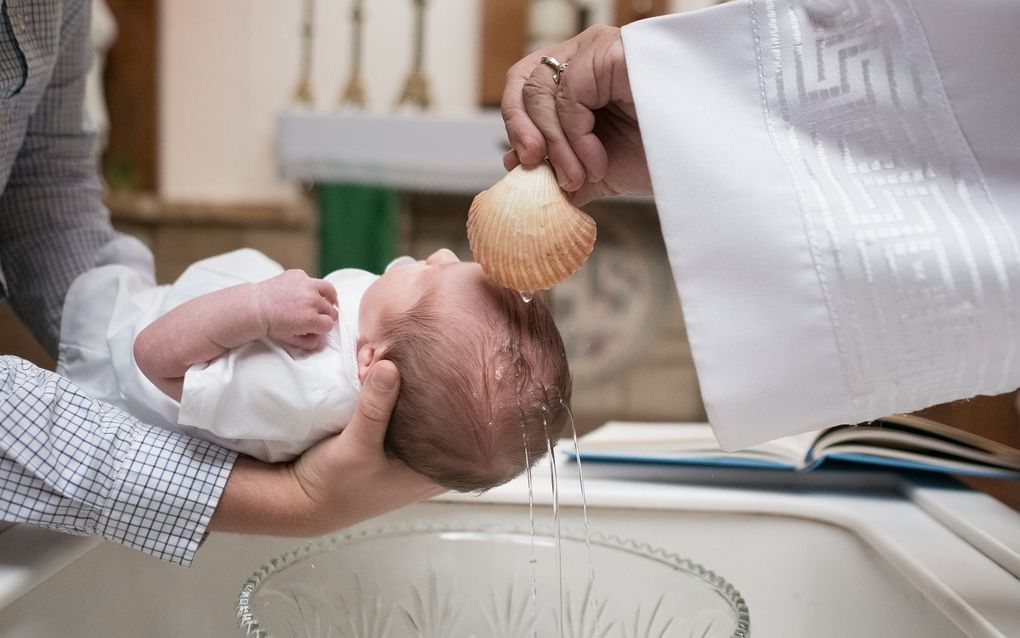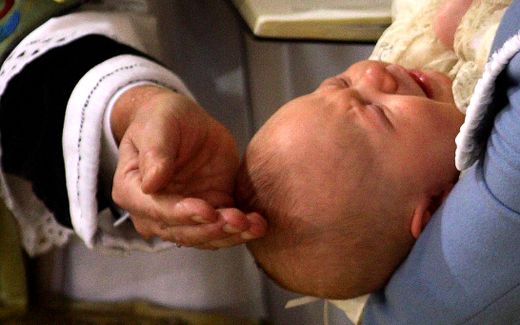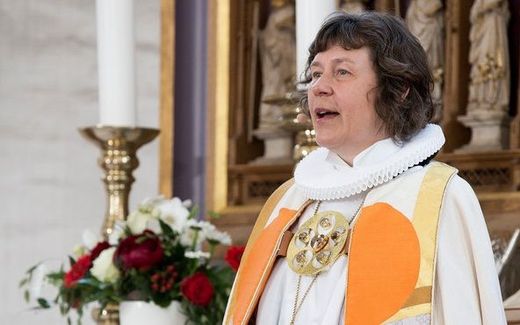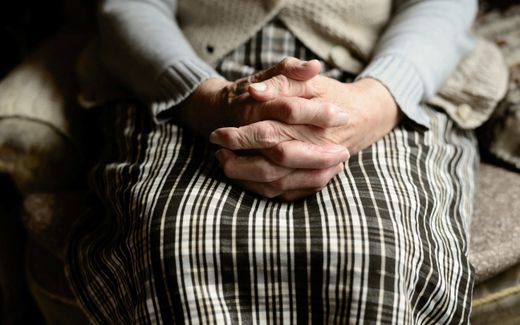Danish folk church shrinks despite baptisms

Photo Unsplash
Northern Europe
The number of baptisms in the Danish folk church is roughly the same as in previous years. Still, Danes are worried about declining participation in the church.
In total, 41,176 children were baptised in Denmark. That is roughly the same number as before the pandemic. However, that only covers part of the story, Kristeligt Dagblad reports. "Among the 41,176 children who were baptised in 2022, several should have been baptised earlier, but where baptism had to be postponed because of the corona crisis."
In the Odense Cathedral, 72 children were baptised in 2022. However, according to choirmaster Christian Emil S. Szilas-Hansen, at least ten baptised children should have been baptised during the pandemic. And that may be the picture across Denmark.
"In 2022, we actually see a decrease in the number of infants being baptised, while there is an increase in baptisms of children between one and three years of age", says Birgitte Graakjær Hjort, centre and department manager at the Folkekirken's Education and Knowledge Centre. "The many toddler baptisms could very well be postponed baptisms from the time of the shutdown."
Suppose you do not include the postponed baptisms. In that case, there is, in fact, a decrease in the number of baptisms in 2022 compared to the years immediately before corona, admits Birgitte Graakjær Hjort. But whether this indicates that fewer people are having their children baptised or that it has simply become more normal to postpone baptism for a few years is uncertain.
Inflation
The amount of baptisms is not the only number that is dropping in Denmark's folk church. According to the Danish statistics agency, nearly 13,000 people cancelled their membership in 2022. That is an increase of 42 per cent compared to the year before and the highest number in five years.
One of the obvious explanations for the increase is that more and more people want to save on the church tax, says Henrik Reintoft Christensen, head of the centre for contemporary religion at Aarhus University, to Kristeligt Dagblad. "In a time of inflation, there is an increased focus on how to prioritise the private economy. Here the folk church membership is also in play. Some undoubtedly opt out because they can't afford it. For others, it is probably a matter of prioritisation, where they do not think they are getting enough for their money."
The People's Church still has almost 4.3 million members; in that context, a few thousand resignations over a year do not seem like much. Still, the increase is helping to push on a continuing negative development for the folk church, stresses Henrik Reintoft Christensen. "Those who have made an active decision to opt-out are unlikely to opt-in again when the economic crisis is over. The number of resignations is one of several factors that are helping to drive the decline of the folk church. There are fewer and fewer members, and the membership percentage is dropping."
Related Articles







